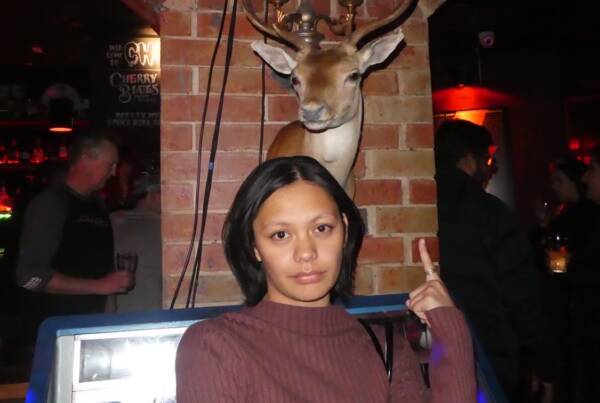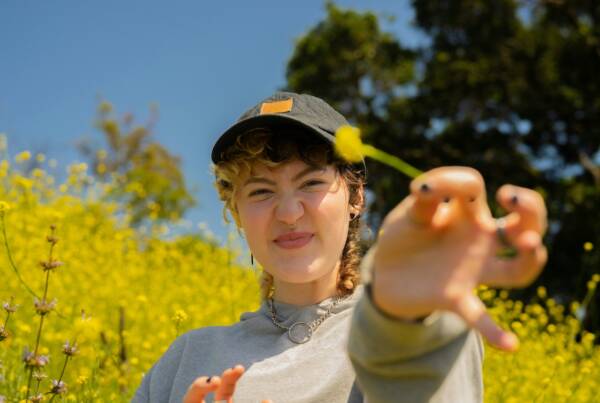Writing by Freya Bennett // photograph by Zarina Iskarova
 I’ve been with my partner for 14 years this April. We share a daughter, a cat, and a fancy coffee machine. We’ve travelled to seven countries together and we’ve moved house seven times. We’ve shared the decision of an abortion, the grief of a miscarriage and the delight of our daughter’s birth. While it hasn’t always been peachy, the work we’ve put in and the mutual decisions have led us down the path of long-term love.
I’ve been with my partner for 14 years this April. We share a daughter, a cat, and a fancy coffee machine. We’ve travelled to seven countries together and we’ve moved house seven times. We’ve shared the decision of an abortion, the grief of a miscarriage and the delight of our daughter’s birth. While it hasn’t always been peachy, the work we’ve put in and the mutual decisions have led us down the path of long-term love.
I’ve always hated the term ‘failed marriage’ or ‘failed relationship’ because it implies that if you’re not together forever, then you’ve failed. I don’t believe that staying with one person forever is the epitome of success. In fact, I would say there are many failed relationships that have never ended in separation.
Whether my relationship lasts forever is no more a sign of victory than healthy short-term relationship that ends with mutual respect and well-wishes on life’s next journey. A healthy relationship is a healthy relationship no matter the length.
Regardless of your relationship status, we all come to learn different things through our connections with others and while we may not share the same strengths, each growth is as valid as the next.
I wanted to share the three most useful things I’ve learnt from being in a long-term relationship; not as a lesson to those who haven’t but as a way to reflect on what our circumstances teach us and how we can apply that to any relationship in our lives.
Feelings oscillate and that’s okay.
When you’ve been together for a long time, you’ll notice the oscillation of feelings. You might feel romantic for a few weeks followed by a month of nonchalance followed by a deep bonding followed by a week of fighting and never wanting to see your partners face again. And that’s just you. Your partner may go through a similar cycle at a completely different speed to you. This can cause a disconnect. Listening and respecting where each partner is at can help you move towards a more neutral space. Also, laughter always helps.
Owning your mistakes and working on doing better is paramount
This is something my partner is particularly good at and something I need to work on. I hate being told I’ve stuffed up or I’ve hurt my partners feelings. I immediately get defensive and feel the urge to deflect and tell him all the things he’s done wrong. He on the other hand, is often quick to apologise and acknowledge he needs to do better. But it does also mean following through with doing better. Empty apologies and meaningless promises will breed resentment.
Scheduling is sexy
From budget meetings to date nights, when you’re in a long-term relationship and technology is constantly trying to steal your focus, scheduling time together is so important. Too often, our phones win our time, but we continue to work towards honouring our booked-in time together and when we succeed, it’s always a huge win.
The resilience I’ve learnt from a life-time of compromise, cooperation and sacrifice may be different from your resilience. Our worthiness doesn’t depend on our relationship status and as a society, we need to stop putting long-term relationships on a pedestal (especially as women, since science has shown that single women without children live longer, happier lives).
The fact that I’ve ended up in a long-term relationship has shaped me into who I am today and I do wonder who I’d be if this wasn’t the case. I would love to meet that version of myself. I’m sure she is interesting and multi-faceted and has a whole wonderful tool belt of lessons to teach me.






